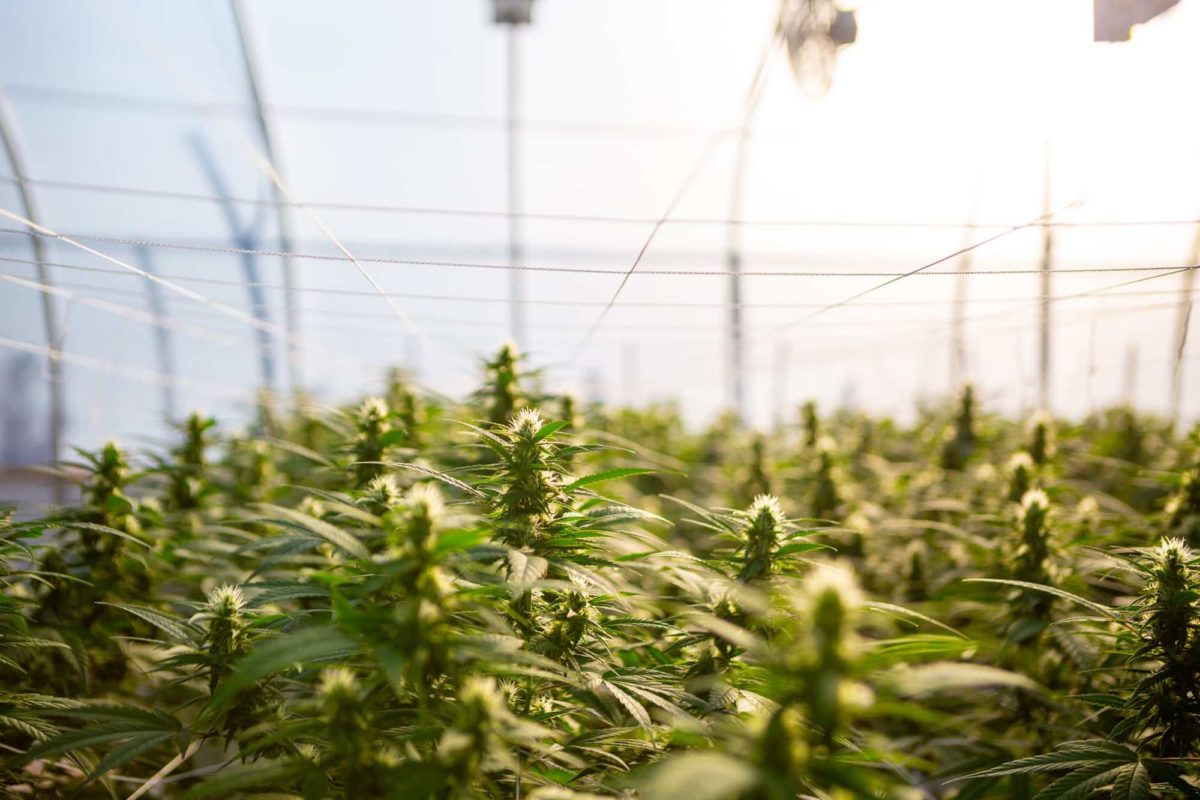Federal Loans for Hemp Businesses

Upon the federal legalization of hemp in 2018, it became categorized as an agricultural commodity parallel to other crops such as cotton, corn, and wheat. Since then, the U.S. Department of Agriculture (USDA) has worked to align a range of services and programs with those growing hemp. In 2019, USDA announced hemp producers working under the 2014 Farm Bill could access limited federal loans, but regulations needed to be established for hemp producers under the 2018 Farm Bill. Hemp producers are now seeing more options available; FSA farm loans include operating, ownership, beginning farmer, and farm storage facility loans. Additionally, at the beginning with the 2021 crop year, hemp will be insurable under the Nursery crop insurance program and the Nursery Value Select pilot crop insurance program. USDA of late has released new procedures, including information for handling federal loans for hemp businesses.
USDA Lending Services
In the latest memo and accompanying document, several requirements are outlined which a hemp business must satisfy to access USDA lending services. The memo does establish “while it’s understood that this new commodity will likely produce some servicing challenges because of State and Federal regulations, it should be treated as closely as possible to any other agricultural commodity and serviced in the same manner.” Additionally, “hemp will be considered like any other borrower produced commodity, if the hemp was produced under a license authorized by the 2014 or 2018 farm bills, and provided the crop is not abandoned or destroyed.” A key example of the requirements is that prospective borrowers must be licensed under a USDA-approved state or tribal hemp program. If where the business operates has not submitted its own plan, then basic USDA protocols are to be followed. Determine the status of hemp production plans for USDA approval by tribe, state, or territory on the USDA website. It is also noted those who borrow via federal loans but are not specifically licensed to grow hemp will be considered in non-monetary default and losses will not be covered.
Challenges for Hemp Business Financing
As similar as hemp is to other crops in USDA status, it is not without its own specific challenges and stipulations. One challenge revolves around continued issues within banking, because despite federal legalization, some financial institutions persist in declining to service businesses producing hemp. Cooperating banks must be identified by applicants, per USDA. This process was eased several months ago when four federal agencies, along with state bank regulators, issued a statement clarifying the legal status of the growth and production of hemp, and the corresponding requirements for banks providing services to hemp-related businesses per the Bank Secrecy Act. Banks are no longer obligated to file suspicious activity reports (SAR) for customers solely due to their involvement in the growth or cultivation of hemp, in accordance with related laws and regulations. Otherwise standard SAR procedures still apply, and a SAR filing is expected if suspicious activity is indicated.
THC level criteria is an example of an extra stipulation. Hemp which is found to exceed the acceptable USDA THC level of 0.3% must be disposed, onsite and per disposal methods approved by USDA. Note: although acceptable THC levels vary per state, federal loan-associated hemp must adhere to the USDA limit. Further, USDA’s Farm Service Agency (FSA) “will not pay for these services for direct loans and FSA will not cover a lender’s advance to the borrower to cover the cost as part of any guaranteed loan loss claim.”
The FSA requires Farm Business Plans from seekers of loan servicing; the Plans must “reflect realistic performance assumptions under current conditions for specific situations, including but not limited to increased input costs by region, intended use of hemp being produced (CBD, fiber, seed, grain, etc.), increased income for organic production, changes in unit numbers and weights, quality levels if production is for CBD, and other relevant factors that affect net income.” Routine servicing will be conducted by FSA on every loan.
Emergency Aid Programs
Another hemp industry gain came in the form of Congress-approved eligibility for emergency aid programs during the economic downturn tied to the COVID-19 pandemic. Hemp producers were officially recognized as viable applicants for the Small Business Administration (SBA) Economic Injury Disaster Loan Program and the SBA Express Disaster Bridge Loan.
Learn More About Federal Loans for Hemp Businesses
As the industry evolves and and federal loans for hemp businesses and acknowledgment in general become more encompassing, CannaCon is the one-stop hub for information, connections, and news. Upcoming events are scheduled in Boston on August 29th and 30th, Oklahoma City on September 28th and 29th, Chicago on November 2nd and 3rd, then Detroit on November 13th and 14th. Join us and expand your industry efficiently!
